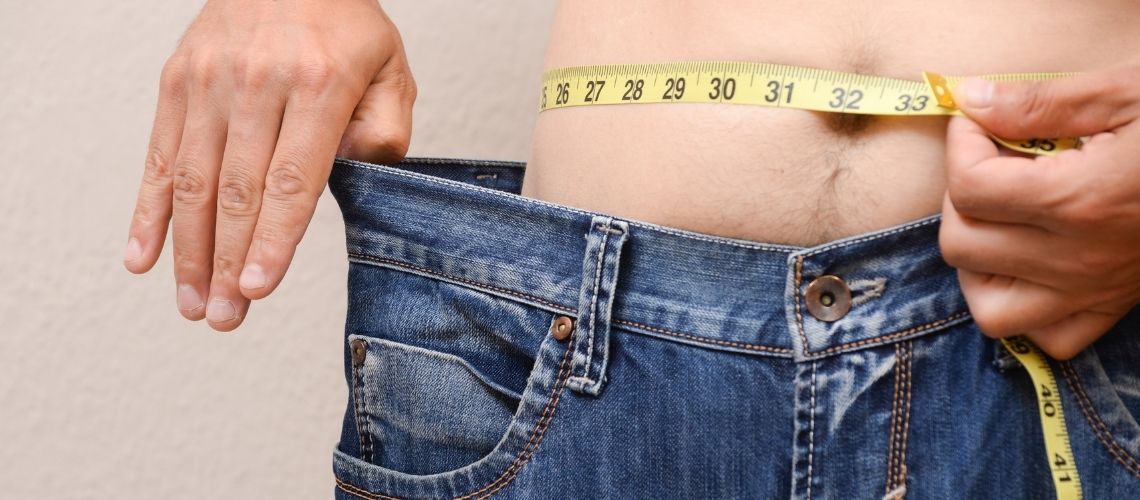In the fight against obesity, surgical solutions such as sleeve gastrectomy and gastric bypass stand out. Both methods are designed to accelerate the weight loss process.
In sleeve gastrectomy, the stomach volume is significantly reduced, while gastric bypass reduces the stomach size and restricts the absorption of nutrients. These procedures provide effective results by allowing patients to eat less and absorb fewer calories. Therefore, these two methods operate through different mechanisms and are distinctly different in obesity treatment.
Preparation Process for Sleeve Gastrectomy and Gastric Bypass Surgeries
Before surgical methods are used in obesity treatment, the patient’s condition is comprehensively evaluated. This evaluation plays a crucial role in deciding which surgical method will be applied. First, the stage of obesity is determined and classified according to the risk level.
Those at the lowest risk are in the first stage, while those at the highest risk are in the third stage. An in-depth analysis is conducted on the causes and effects of the disease. Based on these analyses, the appropriate treatment method is selected. The patient’s health condition is examined in detail with the following tests:
- Blood test
- Radiography
- EKG
- Stomach biopsy

These tests are an integral part of the pre-treatment evaluation process and are critical in determining the suitability of the patient for which treatment. The results are evaluated for surgical intervention suitability, and the treatment process begins.
Distinguishing Features and Benefits of Sleeve Gastrectomy and Gastric Bypass
Sleeve gastrectomy and gastric bypass procedures are commonly preferred in obesity treatment. While both surgical methods provide weight control, they differ in their techniques and results. Sleeve gastrectomy involves removing a large portion of the stomach, with the intestines remaining unaffected.
As a result, the digestive system continues its natural function, and satiety is achieved with less food. On the other hand, gastric bypass reduces both stomach size and directs some of the food directly to the intestines, bypassing part of the digestive system and leading to faster weight loss but with a higher risk of nutritional deficiencies.
Advantages of Sleeve Gastrectomy:
- The natural valve at the stomach exit is preserved, supporting natural satiety.
- Digestion and absorption processes largely continue normally.
- There are fewer nutritional deficiencies.
Advantages of Gastric Bypass:
- Rapid weight loss is possible.
- Significant health improvements can be seen in a short time.
- Long-term results can be achieved with intensive dietary discipline.
Differences and Disadvantages of Sleeve Gastrectomy and Gastric Bypass
Sleeve gastrectomy and gastric bypass operations are widely used methods in obesity treatment. Both surgical interventions offer permanent results, but their disadvantages are almost similar.
Due to surgical complexity, a specialized rehabilitation process is required. The hospital stay after the operation usually ranges from four to five days. The significant differences between the two types of surgery are as follows:
In sleeve gastrectomy:
- Vitamin B12 deficiency occurs at a rate of 10%.
- Heartburn varies between 5% and 50%.
- Weight loss is 33-58% after two years and 58-72% after three to six years.
In gastric bypass:
- Vitamin B12 deficiency can go up to 90%.
- Weight loss is between 50-65% after two years.
- Most of the lost weight can be maintained for up to ten years.
Bariatric Surgery Options: Which is Right for You?
Bariatric surgery is among the effective methods used in combating obesity. Sleeve gastrectomy and gastric bypass are the two main types of operations in this field. Both operations offer similar results but have different mechanisms. The outcomes of these operations vary from person to person, so it is important to be careful when choosing.
- Sleeve gastrectomy controls appetite by reducing stomach volume. This surgery is usually completed in a shorter time, and the recovery process can be faster compared to gastric bypass.
- Gastric bypass reduces stomach size and changes the absorption pathway of food. This method can offer more effective results, especially for patients with metabolic diseases such as diabetes.
Both surgeries not only accelerate the weight loss process but also have the potential to alleviate some health issues in the long term. They can reduce the risk of cardiovascular diseases and certain types of cancer.
However, like any surgical procedure, sleeve gastrectomy and gastric bypass operations carry various risks. Patients must significantly change their eating habits in the postoperative period.
When choosing, factors such as the surgeon’s experience and your personal health condition should be considered. When deciding between these two operations, the patient’s current health status, previous surgical interventions, and lifestyle should be taken into account.
Differences in the Recovery Process
The recovery processes of sleeve gastrectomy and gastric bypass surgeries are generally similar. The recovery period for both surgical methods usually ranges from two to four weeks. However, each patient’s experience may differ, and some cases may require a longer recovery period.
Patients typically experience a faster recovery process after sleeve gastrectomy because this operation is less invasive and the stomach is less manipulated. On the other hand, gastric bypass surgery requires a more extensive intervention, sometimes leading to a longer recovery period.
Steps to follow during the recovery process:
- Start walking immediately after the surgery.
- Increase blood circulation by doing light leg exercises in the early period.
- Do not stay in bed for long periods to reduce the risk of blood clots.
- Do not lift heavy weights without doctor approval.
- Avoid heavy sports activities for about six weeks.
Recovery after gastric bypass may be slower for some patients as the digestive system needs to be reorganized. General health advice to be followed during the recovery process is similar for both types of surgery. It is important for patients to manage side effects such as pain, nausea, and constipation.
Especially in the postoperative period, adequate fluid intake and regular physical activity are factors that accelerate recovery. In both types of surgery, patients need to pay attention to their diet and strictly follow their doctor’s recommendations during the recovery period.










